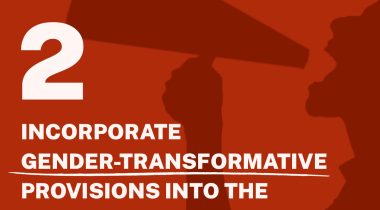
Nick Shaxson ■ Belgian tax treaties cost developing countries millions every year

New report 11.11.11: Belgian tax treaties cost developing countries millions every year
A guest blog by Jan van de Poel
As a consequence of dozens of unbalanced tax treaties, negotiated by the Belgian government, developing countries miss out on at least 35 million Euros on tax revenues each year, a new 11.11.11-report finds. While the stated objective of these treaties is to prevent double taxation, they often undermine developing countries’ capacity to invest in sustainable development. 11.11.11 urges Belgian authorities to review these treaties.
Worldwide, Belgium has signed over 90 tax treaties, 41 of them with developing countries. Our research found that 28 of these 41 treaties include reduced withholding tax rates for income from dividends and interest received by Belgian companies from subsidiaries overseas.
Thirty five million Euros per year: tip of the iceberg
Developing countries miss out on 35 million Euros each year just as a consequence of reduced withholding tax rates, while their investment needs in essential services such as schooling and health care are soaring. And this amount is only the tip of the iceberg, as double tax treaties are known to facilitate other forms of tax avoidance and evasion. Belgian tax treaties do often not contain http://artsandhealth.ie/finasteride/ effective anti-abuse measures allowing multinationals to use these treaties to shift profits to tax havens. This is only one reason why the OECD and European Commission have recommended including such anti-abuse measures in developed countries’ model treaties.
Less power, less taxes
The research finds that the reduction of withholding tax rates on passive income differs strongly between different treaty partners, and this is largely explained by the relative power differentials between jurisdictions. Morocco, for instance, managed to get a much better deal than the DRC in their negotiations with Belgium: DRC loses out on 7.8 million Euros, equivalent to roughly 8% of Belgian ODA to the country. This is one reason why the IMF has called these treaties as ‘inherently discriminatory’.
Based on these findings, 11.11.11 urges the Belgian government to review its treaty policy vis-à-vis developing countries, guided by a comprehensive and independent impact assessment of the existing treaties with developing countries. Belgium needs to stop using an OECD-based model for its negotiations with developing countries. Moreover, Belgium should stop signing such full-fledged tax treaties with tax havens, as they open the door for tax abuse.
Read the full report here.
Jan Van de Poel
Policy officer 11.11.11
TJN adds: see our tax treaties page here.
Related articles

The myth-buster’s guide to the “millionaire exodus” scare story

Money can’t buy health, but taxes can improve healthcare
The elephant in the room of business & human rights
UN submission: Tax justice and the financing of children’s right to education
14 July 2025
One-page policy briefs: ABC policy reforms and human rights in the UN tax convention
Tax justice pays dividends – fair corporate taxation grows jobs, shrinks inequality
UN Submission: A Roadmap for Eradicating Poverty Beyond Growth
A human rights economy: what it is and why we need it

Do it like a tax haven: deny 24,000 children an education to send 2 to school



